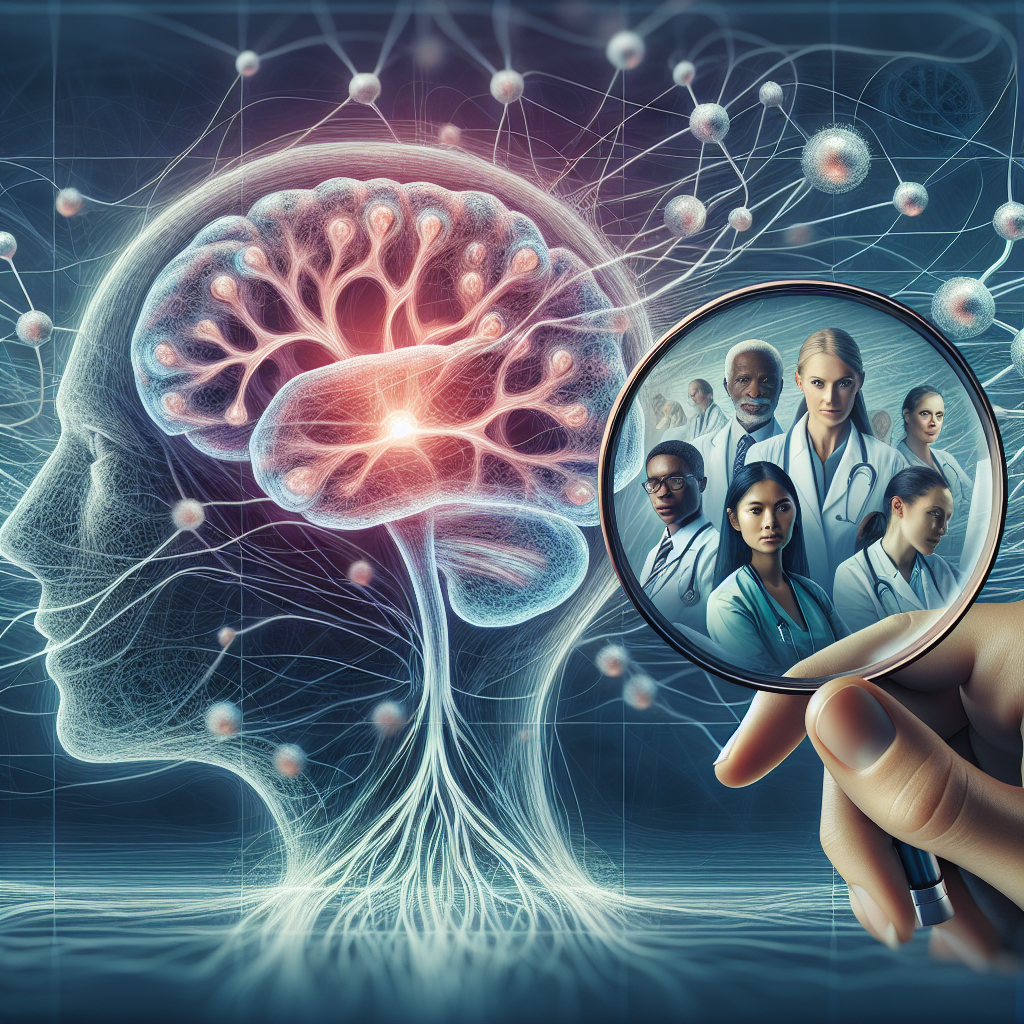Introduction
In the evolving landscape of healthcare, the integration of psychological and neurological assessments has become paramount. The Science Behind Neuropsychological Assessment: How It Enhances Patient Care and Recovery illuminates a crucial intersection of science and personal well-being. As healthcare systems strive for patient-centered approaches, understanding the intricate details of neuropsychological assessment plays a vital role—not just in diagnosing conditions, but also in shaping tailored treatment strategies that enhance recovery.
In this comprehensive exploration, we will unravel the nuances of neuropsychological assessments, delve into real-life case studies, and discuss how these evaluations can profoundly impact patient care.
Understanding Neuropsychological Assessments
What is Neuropsychological Assessment?
At its core, neuropsychological assessment involves a series of tests that evaluate cognitive, emotional, and behavioral functioning in relation to brain activity. By measuring various aspects such as memory, attention, language, and executive function, healthcare providers can gain insights into a patient’s cognitive capabilities and deficits. The goal of these assessments is not just to label or categorize but to understand the underlying issues that affect everyday life.
The Importance of Neuropsychological Assessment in Patient Care
The importance of neuropsychological assessments transcends diagnosis. Instead, it serves as a foundation for personalized treatment plans, ultimately enhancing patient care. By identifying specific cognitive difficulties, healthcare practitioners can tailor interventions to bolster strengths and address weaknesses. This individualized approach significantly contributes to effective recovery.
Real-World Applications of Neuropsychological Assessment
Case Study 1: Cognitive Rehabilitation After Stroke
Patient Profile: Mary, a 58-year-old woman, suffered a stroke that impaired her memory and language abilities.
Assessment Findings: A comprehensive neuropsychological assessment revealed significant deficits in verbal memory and attentional control.
Intervention: Using insights from the assessment, a targeted cognitive rehabilitation program was devised. This included computer-based cognitive exercises and structured language therapy.
Outcome: Over six months, Mary regained considerable language function and improved her memory, allowing her to return to work part-time.
Analysis: This case exemplifies how the science behind neuropsychological assessment is vital in crafting effective, individualized interventions that enhance recovery.
Case Study 2: Early Detection of Alzheimer’s Disease
Patient Profile: John, a 65-year-old retired teacher, began exhibiting subtle memory loss.
Assessment Findings: Neuropsychological testing indicated early-stage cognitive decline, particularly in episodic memory and reasoning.
Intervention: Following the results, John was enrolled in a lifestyle modification program, focusing on physical exercise, mental stimulation, and dietary changes.
Outcome: Despite a diagnosis of mild cognitive impairment, John maintained his independence for several years, delaying the onset of more severe symptoms.
Analysis: This case highlights how proactive neuropsychological assessment plays a crucial role in early detection and preventative strategies, enhancing overall patient care.
The Assessment Process: What to Expect
Initial Consultation
The journey begins with an initial consultation, where clinicians gather background information, including medical history, current symptoms, and relevant personal details. This is a critical step in the science behind neuropsychological assessment as it shapes the following evaluations.
Testing Phase
Neuropsychological testing typically involves standardized tests, which may include:
- Cognitive Tests: Assessing attention, memory, and problem-solving skills.
- Behavioral Assessments: Understanding emotional regulation and personality traits.
- Functional Assessments: Evaluating the ability to perform daily activities.
| Cognitive Domain | Common Tests | Purpose |
|---|---|---|
| Memory | Wechsler Memory Scale | Assess memory capabilities |
| Attention | Continuous Performance Test | Measure attention span |
| Executive Function | Wisconsin Card Sorting Test | Evaluate decision-making |
Post-Assessment Evaluation
After testing is complete, clinicians analyze the results and formulate a comprehensive report. This report serves as a guide for future interventions. Discussing findings with patients and their families fosters understanding and collaboration in the treatment process.
Benefits of Neuropsychological Assessment in Recovery
Personalized Treatment Plans
The data gathered from assessments enables clinicians to create tailored treatment plans, addressing specific cognitive challenges. This personalized approach can significantly affect recovery trajectories.
Monitoring Progress
Regular neuropsychological assessments can be instrumental in tracking changes over time. They allow clinicians to modify treatment strategies based on observed progress or setbacks, ensuring continuity of care that adapts to patient needs.
Enhancing Patient Engagement
Understanding one’s cognitive strengths and weaknesses promotes self-efficacy among patients. When they are actively involved in their recovery journey, motivation and adherence to treatment plans improve.
Conclusion
The Science Behind Neuropsychological Assessment: How It Enhances Patient Care and Recovery illustrates the critical role of comprehensive neuropsychological evaluations in modern healthcare. As more healthcare practitioners recognize the benefits of these assessments, the focus shifts towards a holistic understanding of patient needs, leading to better care outcomes.
Encouraging stakeholders—from healthcare providers to patients—to embrace neuropsychological assessment as a vital tool ensures that recovery is not merely a process but a tailored journey towards improved cognitive health and overall well-being.
FAQs
1. How long does a neuropsychological assessment take?
Assessments typically last between 4 to 8 hours, including break times. They can be conducted over one or multiple sessions based on patient needs.
2. Who can benefit from a neuropsychological assessment?
Individuals with brain injuries, neurological disorders, psychiatric conditions, learning disabilities, or unexplained cognitive changes can benefit greatly.
3. Is neuropsychological assessment covered by insurance?
Many health insurance plans cover neuropsychological assessments. However, coverage can vary, so it’s advisable to check with your insurance provider.
4. What training do neuropsychologists have?
Neuropsychologists typically hold a doctoral degree in psychology, along with specialized training in neuropsychology, including clinical post-doctoral residency.
5. How can I prepare for a neuropsychological assessment?
It’s essential to bring any previous medical records, a list of medications, and be prepared to discuss your medical and psychological history in-depth to facilitate the assessment process.
In this exploration of the science behind neuropsychological assessment, we have uncovered its multifaceted nature and paramount importance in patient care and recovery. Through this knowledge, readers can appreciate the invaluable contributions of neuropsychological assessments to overall health and recovery success.

